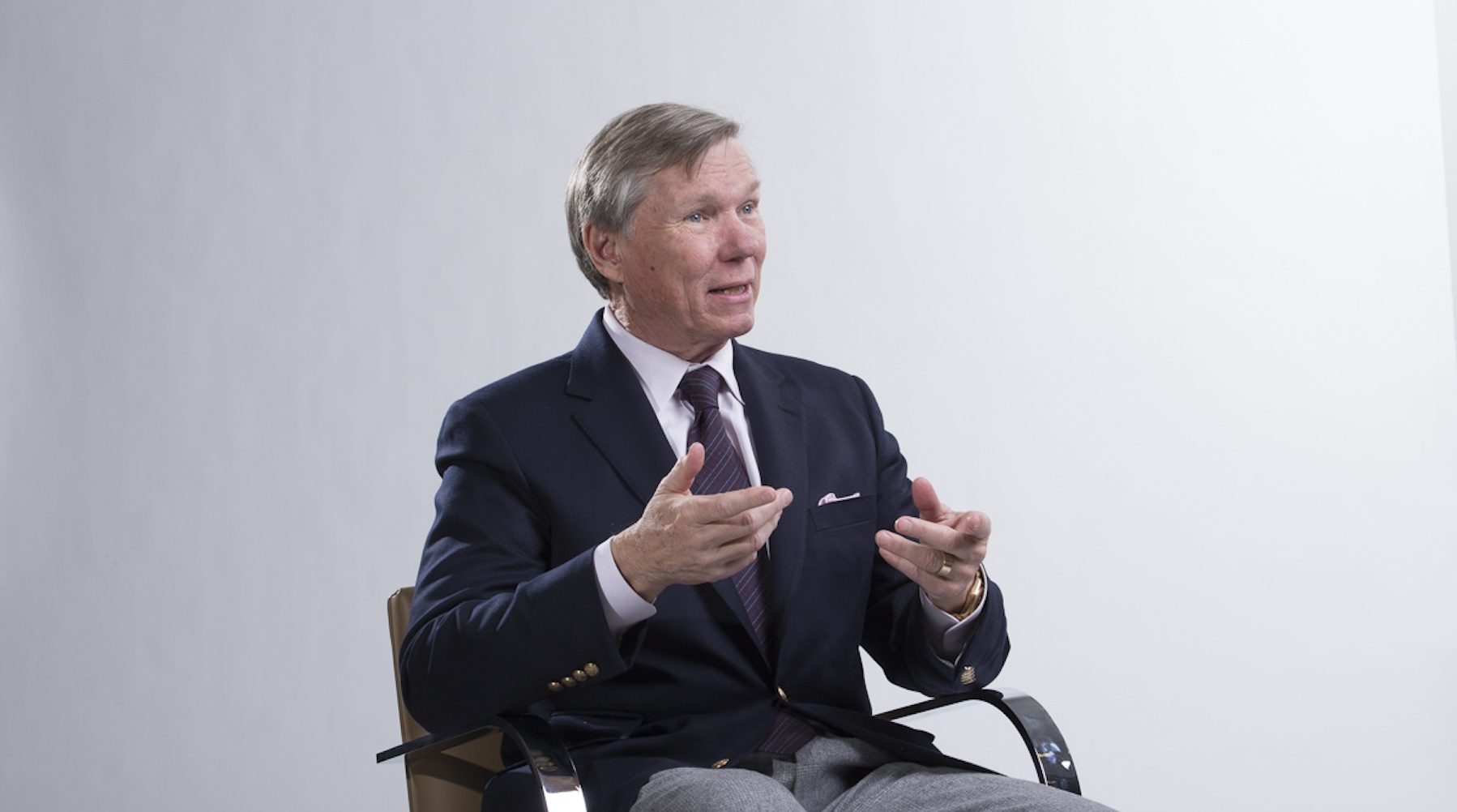Desperate times call for desperate measures. Or so the saying goes.
Facing a health crisis unprecedented in modern times, governments and healthcare providers understandably feel pressure to find medical solutions to this pandemic. At the top of that list has been the hope for a miracle drug.
When small, observational studies and anecdotes raised the possibility that a pair of anti-malarial drugs might counter the virus known technically as Sars-CoV-2, President Donald Trump began touting them. At his daily news briefings, he especially sang the praises of one of the drugs – hydroxychloroquine – stating he had a “hunch” the therapy might prove a “game changer.”
He suggested he might take it to protect himself, despite the fact that he’d tested negative for the virus. “Try it,” he urged the nation on national television. “What do you have to lose?”
Many people listened. Demand for the drug skyrocketed. Pharmacies reported shortages, as doctors prescribed the off-label use of hydroxychloroquine for patients suffering from Covid-19, the disease caused by the coronavirus. The federal government added 29 million doses to the National Strategic Stockpile, a cache designed to respond to medical emergencies.
The Food and Drug Administration issued an authorization allowing the emergency use of the hydroxychloroquine and its cousin chloroquine to treat Covid-19. Although the authorization was limited to permitting the distribution of the drugs from the national stockpile, many took it as meaning the FDA had more broadly approved the drugs as treatments for coronavirus. The Centers for Disease Control and Prevention even published recommended dosages (since removed) on its website.
Meanwhile, patients suffering from lupus and rheumatoid arthritis – two conditions for which the FDA had explicitly approved the drug’s use – struggled to get their hydroxychloroquine prescriptions refilled.
“This is a medicine we consider critical,” Dr. Eliza Chakravarty told me. Dr. Chakravarty is a rheumatologist at the Oklahoma Medical Research Foundation who treats hundreds of patients suffering from lupus. “It’s disease-stabilizing, and going off the medication increases patients’ risk for flares and other health issues.”
Gov. Kevin Stitt was one of many state leaders who responded by limiting prescriptions of the drug to ensure adequate supply for patients who need it most. “Everybody wants the drug because they think it’s protective against the coronavirus,” said Chakravarty. “But we don’t know that.”
Indeed, we don’t. A search earlier this week of clinicaltrials.gov revealed more than 30 active trials studying the drug’s use for Covid-19. To date, though, not a single study has reported results.
Some of these studies are examining whether hydroxychloroquine can prevent coronavirus infection. Others aim to determine whether it can treat people once they’ve contracted it. Some look at the drug’s effectiveness alone, others in combination with other medications or even vitamins.
Will any of it pan out?
In experiments, scientists have found that chloroquine can block the virus from invading cells, which it must do to replicate and cause illness. There’s also reason to suspect the drugs might calm the “cytokine storm” that seems to damage the lungs in severe cases of coronavirus. But scientific hypotheses and experiments in petri dishes don’t always work in the human body, and prior trials of hydroxychloroquine have failed against influenza and other viral illnesses.
We do know, however, that the drugs come with side effects. In one arm of a relatively small clinical trial looking at the use of chloroquine to treat Covid-19, doctors noticed that within three days of giving a group of patients daily 600-milligram doses, they were developing heart arrhythmias. After six days, 17 percent of the patients receiving that dosage had died, and that portion of the study was immediately halted.
The dosage – still less than that reported by Chinese doctors to be effective against Covid-19 – “is very toxic and kills more patients,” one of the study’s authors told The New York Times. “That is the reason this arm of the study was halted early.”
In times of crisis, patience seems like mere luxury. Still, without careful scientific studies, we cannot know if an experimental treatment will prove effective. And careful scientific studies take time.
If we forge ahead blindly, administering unproven treatments to patients, we could get lucky. Or we could harm the people we are seeking to help.
Just as importantly, if we prescribe investigational treatments outside the tightly controlled parameters of clinical trials, we’ll never know if they work. If someone survives, all we’ll be able to do is guess if that new drug helped. If they die, we’ll just have to wonder whether a side effect from the medication might have played a role.
We need clinical trials so doctors can practice evidence-based medicine. Otherwise, we’re treating patients based on emotion and hunches. And that’s not enough to save lives.



